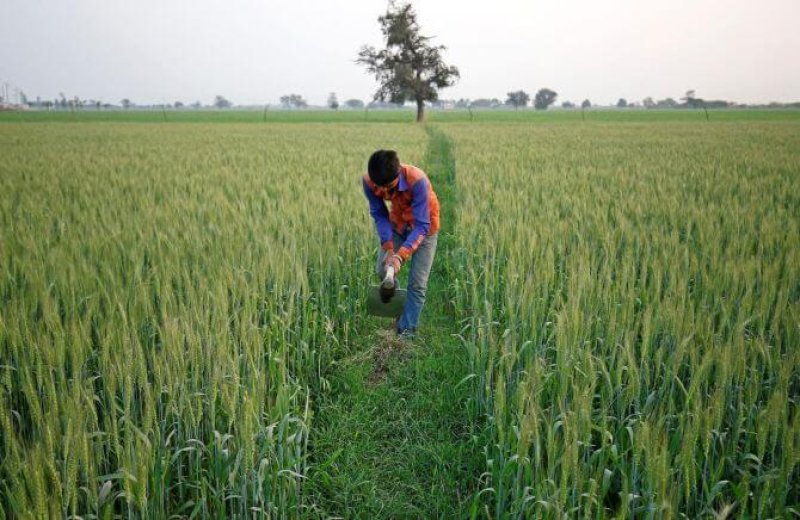43 percent of greenhouse gas (GHG) emissions [are] caused both by use of fossil-intensive fertiliser and land-use change, which in turn, are driven by increasing demand for food.
But experts say we need to look at carbon, not as our enemy but our ally as agriculture can provide more options to reduce the carbon footprint than say transport, industries and infrastructure.
“Regenerative agriculture is both a source and storage for GHGs,” said 70-year old Asif Sharif, a progressive farmer from Pakpattan in Punjab province.
…
He emphasised adopting improved farm management practices which in turn would give better crop yields and more productive livestock.
His 500-acre farmland is his laboratory and he has a huge following of farmers listening to his every word on YouTube.
…
Reducing methane emissions from livestock is [also] critical to decarbonising agriculture, [animal nutrition expert Ghulam Habib] said, but it was a lot harder as it means tweaking the animals’ biology and physiology.
While feed additives could be central to attaining carbon neutrality, a surer way was reducing the number of unproductive livestock and concentrating on improving their genes, he said.































